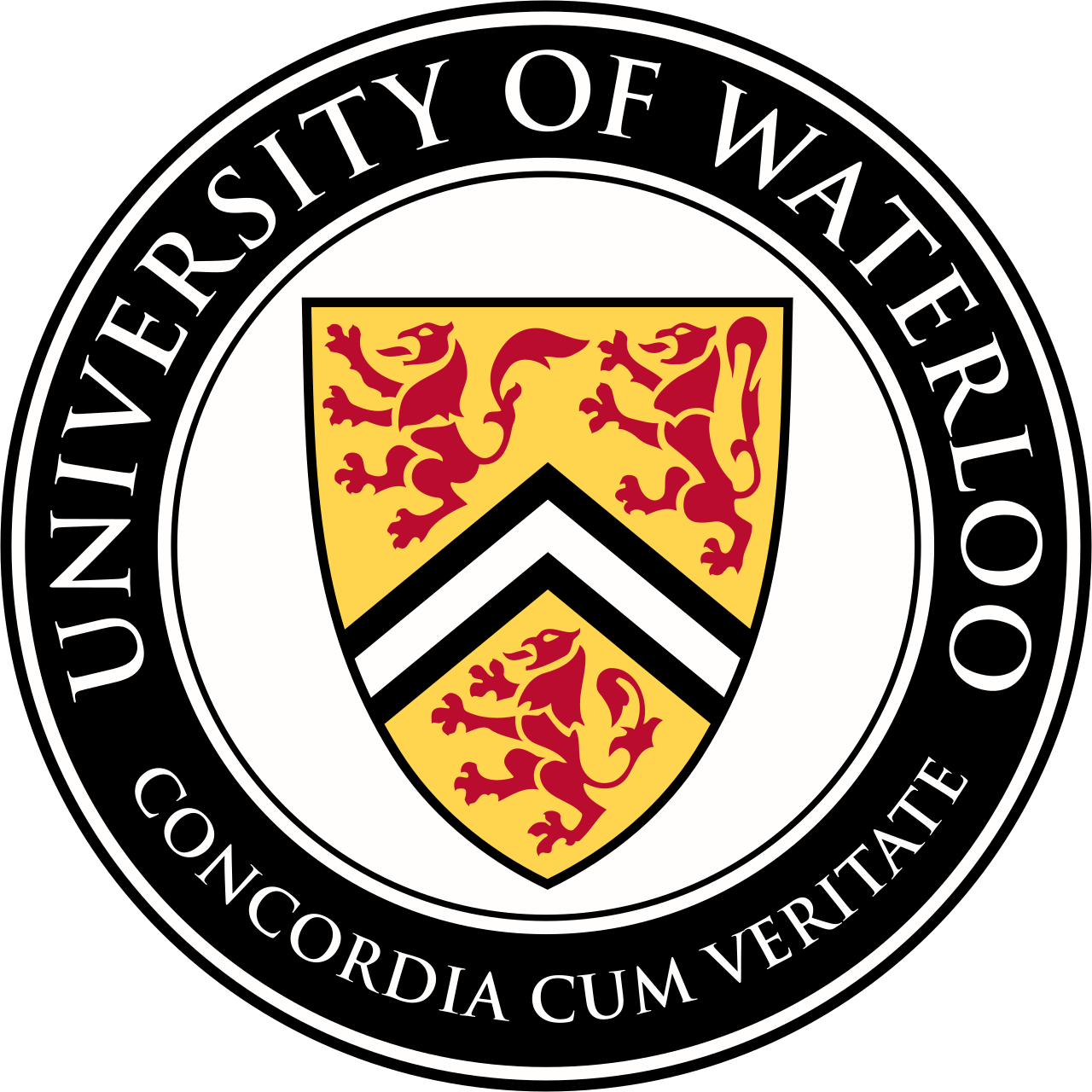|
|
Yuntian DengAssistant Professor, UWaterlooAssociate, Harvard SEAS Faculty Affiliate, Vector Institute PhD in CS, Harvard [CV] [Google Scholar] [Twitter] |
I am a researcher interested in language models and world models. I also enjoy building demos such as NeuralOS, WildVis, WildChat, Multiplication Predictor w/o CoT, Grade School Math Solver w/o CoT, OpenAI Watch, Linguistic Steganography, AKSelectionPredictor, OpenNMT, Markup-to-Image Diffusion, and Image-to-Markup. I received my PhD from Harvard University, where I was advised by Prof. Alexander Rush and Prof. Stuart Shieber. I did a postdoc under the supervision of Prof. Yejin Choi.
News
- Dec 24, 2025: Organizing the Latent & Implicit Thinking - Going Beyond CoT Reasoning Workshop at ICLR 2026.
- Dec 19, 2025: My PhD student Wentao Zhang was selected as one of two University of Waterloo nominees advancing to the proposal round of the 2026 Qualcomm Innovation Fellowship.
- Dec 16, 2025: Became Co-Chief Technical Officer (Co-CTO) for ACL Rolling Review (ARR).
- Dec 5, 2025: Featured in a Canadian Press article about developing a tool to help courts spot AI-generated evidence.
- Aug 11, 2025: Released WildChat-4.8M, a dataset of 4.8M real user-ChatGPT conversations collected from our public chatbots (o1-preview and o1-mini).
- Jul 14, 2025: We built a demo, NeuralOS, an operating system entirely powered by neural networks. Check out our paper for more details!
- Nov 30, 2024: Featured in an NZZ article about WildChat.
- Nov 20, 2024: Gave a talk at NYU CILVR on implicit chain of thought reasoning.
- Oct 2, 2024: Interviewed by TechCrunch to discuss the challenges of using LLMs to solve basic math problems.
- Aug 4, 2024: WildChat was featured in the Washington Post! This work collected 1M real-world user-ChatGPT conversations. You can explore all data at wildvisualizer.com, or try our data-collecting chatbot at huggingface.co/spaces/yuntian-deng/ChatGPT4.
- Jul 19, 2024: I built a demo using GPT-2 to directly produce the product of two numbers without chain-of-thought (CoT). CoT is internalized using the approach in From Explicit CoT to Implicit CoT: Learning to Internalize CoT Step by Step. A 12-layer GPT-2 can solve 20-digit multiplication with 99.5% accuracy!
- Jul 11, 2024: I built a demo to solve grade school math problems (GSM8K) without chain-of-thought (CoT) at 52% accuracy. CoT is internalized using the approach in From Explicit CoT to Implicit CoT: Learning to Internalize CoT Step by Step.
- Jun 19, 2024: I built a website, wildvisualizer.com, for interactive search of WildChat, allowing keyword, toxicity, IP, language, and country-based searches of 1M WildChat conversations.
- May 29, 2024: Our paper, From Explicit CoT to Implicit CoT: Learning to Internalize CoT Step by Step, is now publicly available! This paper proposes a simple yet effective method to teach language models to internalize chain-of-thought reasoning by gradually removing intermediate steps and finetuning.
- Apr 26, 2024: I built a demo, AKSelectionPredictor, to predict whether a paper will be selected by @_akhaliq into Hugging Face papers based on its title, abstract, and authors.
- Mar 5, 2024: Our dataset, WildChat, is used in Anthropic's Claude 3 for evaluating refusals.
- Nov 14, 2023: Our dataset, WildChat, is now publicly available! It is a corpus of 650K real-world user-ChatGPT interactions, characterized by over 60 languages and a diversity of user prompts.
- Nov 7, 2023: Our paper, Implicit Chain of Thought Reasoning via Knowledge Distillation, is now publicly available! This paper trains LMs that can reason internally using hidden states instead of articulating all reasoning steps like humans.
- Mar 29, 2023: OpenAIWatch.com is launched! It tracks GPT-4's nondeterministic behavior even with greedy decoding in unicorn illustrations. 🦄
- Mar 29, 2023: Our GPT Chatbot, based on Yuvraj Sharma's code, is now live! It provides free acess to GPT with the aim of collecting dialogue data for research purposes.
- Oct 18, 2022: Our paper, Model Criticism for Long-Form Text Generation, is now publicly available! This paper uses model criticism in latent space to quantify various notions of high-level coherence in long-form text generation.
- Oct 12, 2022: Markup-to-Image Diffusion Models demo is now live! This project uses a diffusion model to learn how to render various types of markups, including LaTeX.
- Jun 2, 2020: Our paper, Cascaded Text Generation with Markov Transformers, is available! It allows parallel, fast, autoregressive, and accurate text generation using a high-order Markov model.
- Apr 26, 2020: Introducing Residual Energy-Based Models for Text Generation, a globally-normalized approach to text generation! Our approach uses a global discriminator to guide the traditional locally-normalized language model to produce text that's more indistinguishable from human-written text.
- Sep 5, 2019: Neural Linguistic Steganography demo is now live! This project lets you hide secret messages in natural language using arithmetic coding.
- Dec 19, 2016: Excited to introduce OpenNMT, an open-source neural machine translation toolkit developed for industrial and academic use.
- Sep 19, 2016: Excited to announce that we've provided a solution to OpenAI's requests-for-research im2latex challenge using neural sequence-to-sequence learning! Check out the visualizations here.
Representative Works
These are some of my representative works. For all my papers, visit here or my Google Scholar.
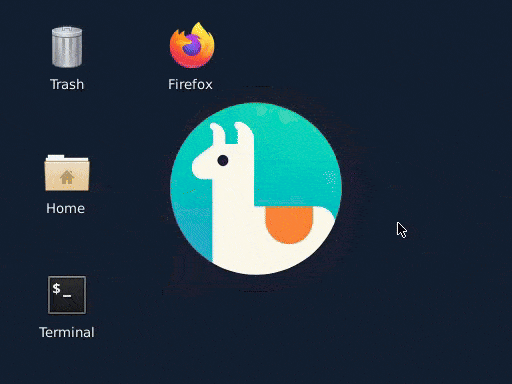
|
NeuralOS: Towards Simulating Operating Systems via Neural Generative Models
Luke Rivard, Sun Sun, Hongyu Guo, Wenhu Chen, Yuntian Deng. ICLR 2026 |
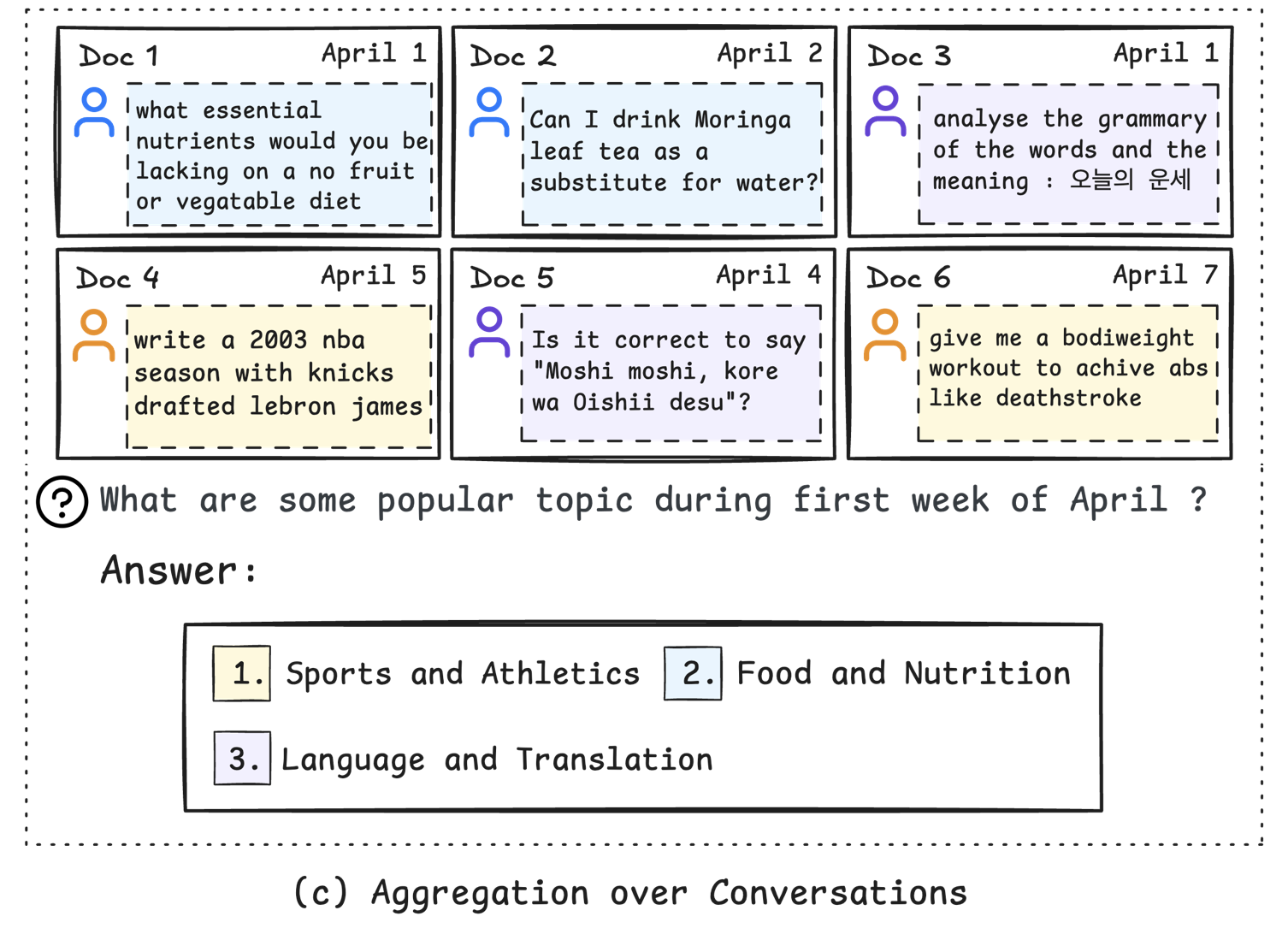
|
From Chat Logs to Collective Insights: Aggregative Question Answering
Wentao Zhang, Woojeong Kim, Yuntian Deng. EMNLP 2025 (Oral) |
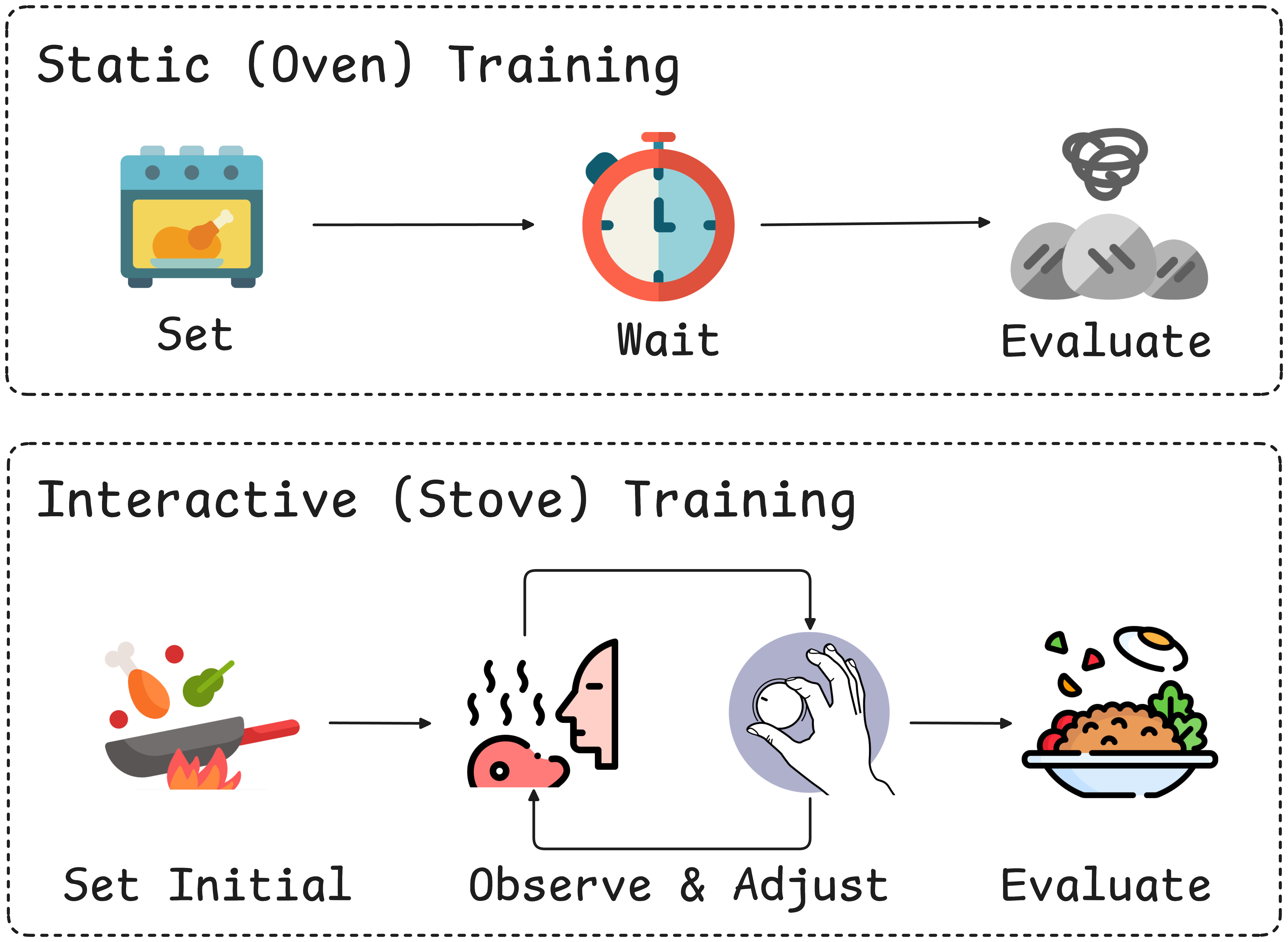
|
Interactive Training: Feedback-Driven Neural Network Optimization
Wentao Zhang, Yang Young Lu, Yuntian Deng. EMNLP 2025 Demo |
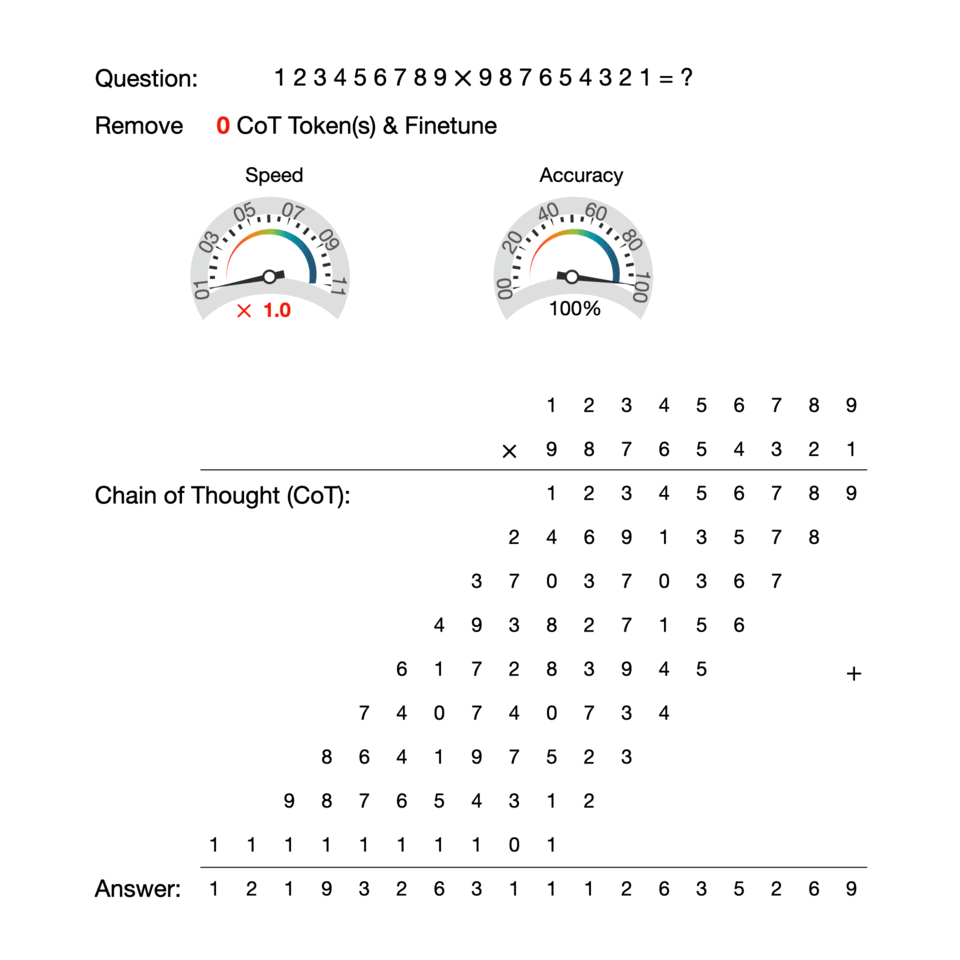
|
From Explicit CoT to Implicit CoT: Learning to Internalize CoT Step by Step
Yuntian Deng, Yejin Choi, Stuart Shieber. In submission |
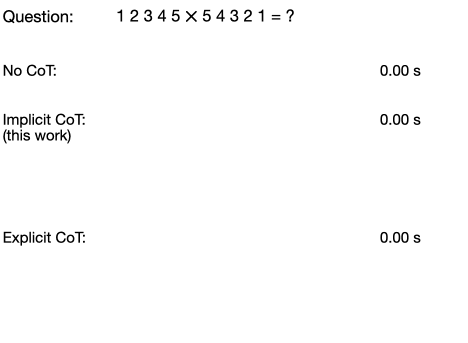
|
Implicit Chain of Thought Reasoning via Knowledge Distillation
Yuntian Deng, Kiran Prasad, Roland Fernandez, Paul Smolensky, Vishrav Chaudhary, Stuart Shieber. In submission |
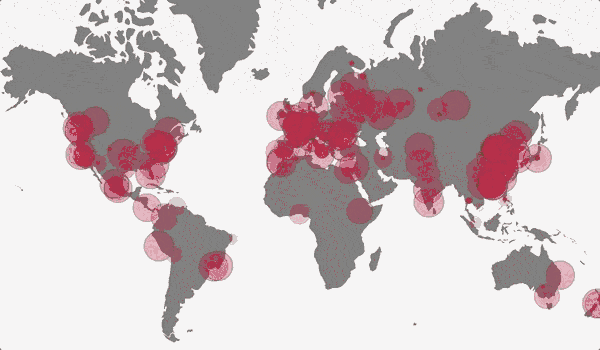
|
WildChat: 1M ChatGPT Interaction Logs in the Wild
Wenting Zhao, Xiang Ren, Jack Hessel, Claire Cardie, Yejin Choi, Yuntian Deng. ICLR 2024 (Spotlight) Featured in the Washington Post Used in OpenAI's o1 for safety evaluation Used in Anthropic's Claude 3 for evaluating refusals |
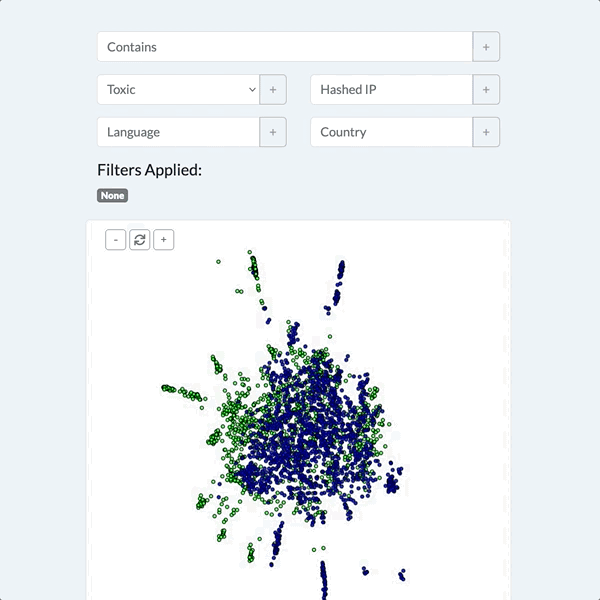
|
WildVis: Open Source Visualizer for Million-Scale Chat Logs in the Wild
Yuntian Deng, Wenting Zhao, Jack Hessel, Xiang Ren, Claire Cardie, Yejin Choi. EMNLP 2024 Demo |
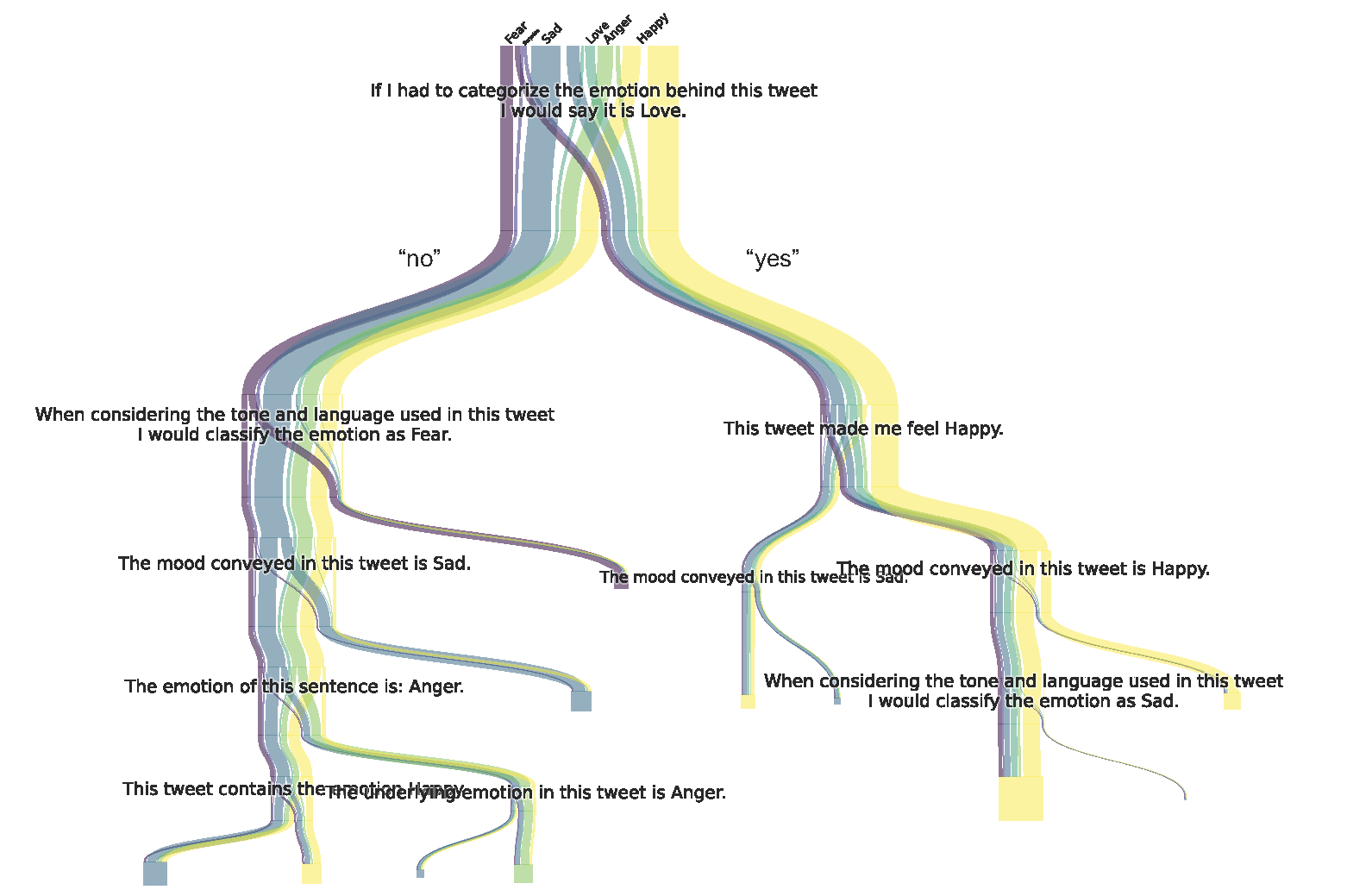
|
Tree Prompting: Efficient Task Adaptation without Fine-Tuning
John Xavier Morris*, Chandan Singh*, Alexander M. Rush, Jianfeng Gao, Yuntian Deng. EMNLP 2023 |

|
Markup-to-Image Diffusion Models with Scheduled Sampling
Yuntian Deng, Noriyuki Kojima, Alexander M. Rush. ICLR 2023 |

|
Model Criticism for Long-Form Text Generation
Yuntian Deng, Volodymyr Kuleshov, Alexander M Rush. EMNLP 2022 |
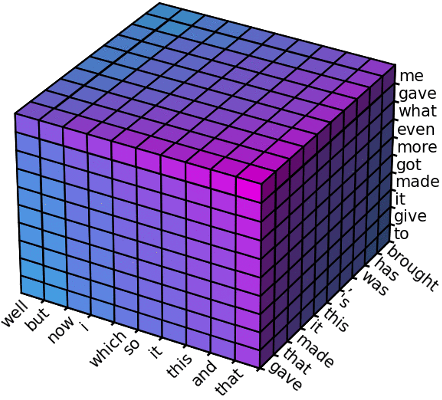
|
Cascaded Text Generation with Markov Transformers
Yuntian Deng, Alexander M. Rush. NeurIPS 2020 |
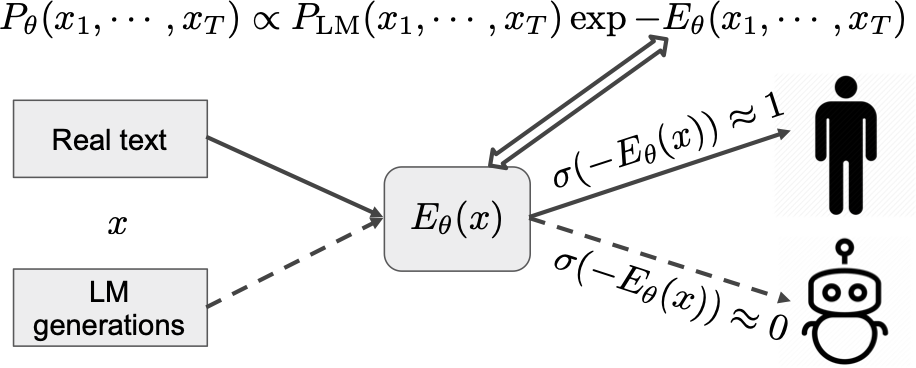
|
Residual Energy-Based Models for Text Generation
Yuntian Deng, Anton Bakhtin, Myle Ott, Arthur Szlam, Marc'Aurelio Ranzato. ICLR 2020 Referenced by Meta's Llama 2 Referenced by the diffusion paper (DDPM) |
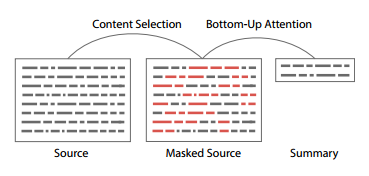
|
Bottom-Up Abstractive Summarization
Sebastian Gehrmann, Yuntian Deng, Alexander Rush. EMNLP 2018 |
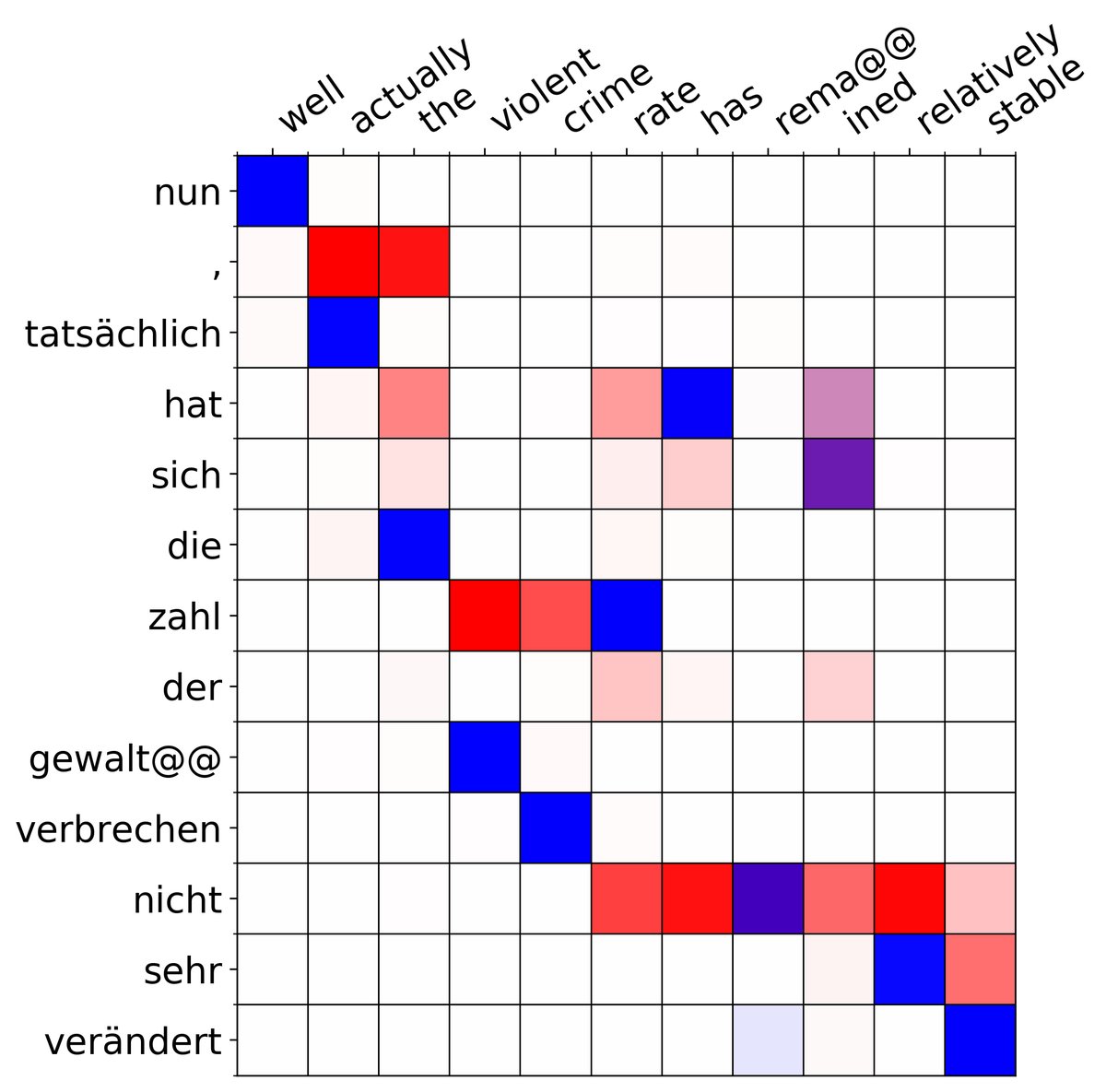
|
Latent Alignment and Variational Attention
Yuntian Deng*, Yoon Kim*, Justin Chiu, Demi Guo, Alexander M. Rush. NIPS 2018 |
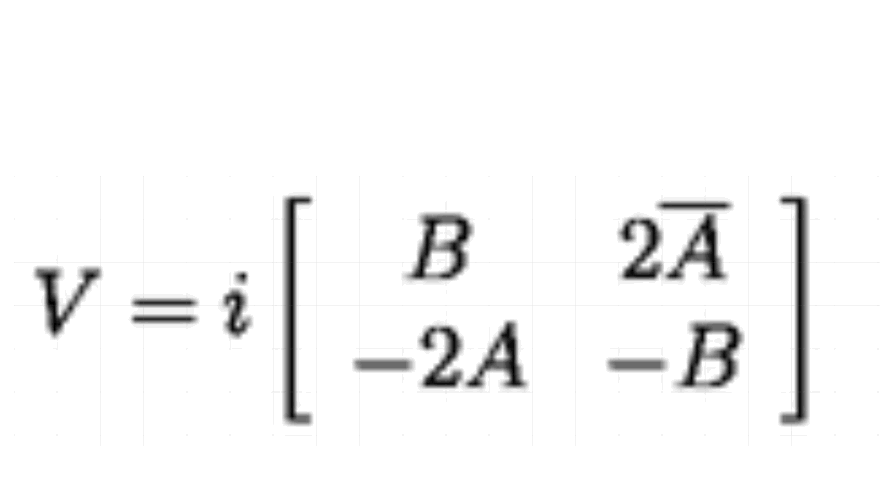
|
Image-to-Markup Generation with Coarse-to-Fine Attention
Yuntian Deng, Anssi Kanervisto, Jeffrey Ling, and Alexander M. Rush. ICML 2017 |
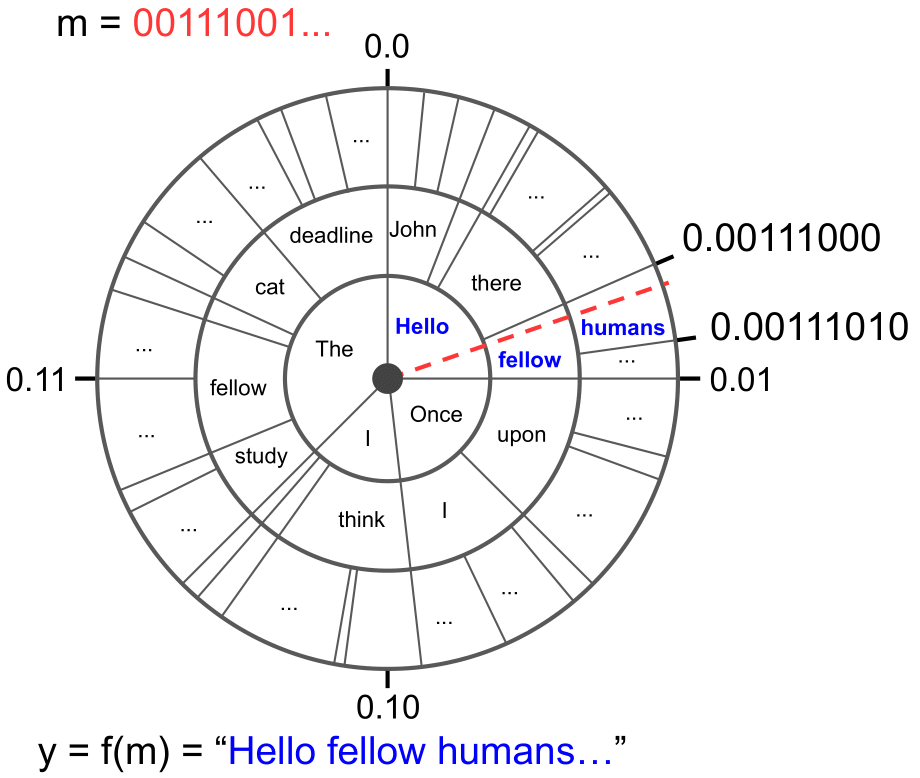
|
Neural Linguistic Steganography
Zachary Ziegler*, Yuntian Deng*, Alexander Rush. EMNLP 2019 (Oral) |

|
OpenNMT: Open-Source Toolkit for Neural Machine Translation
Guillaume Klein, Yoon Kim, Yuntian Deng, Jean Senellart, Alexander M. Rush. ACL 2017 Demo (Best Demo Runner-up) |
Prospective Students
I do not currently have plans to take new students. Please do not send cold emails that do not contain a specific question. If you are interested in my work, please find my publications on this site or on platforms such as Google Scholar. I do not evaluate "chances" over email, and I will not respond to templated outreach or follow-up reminders.
